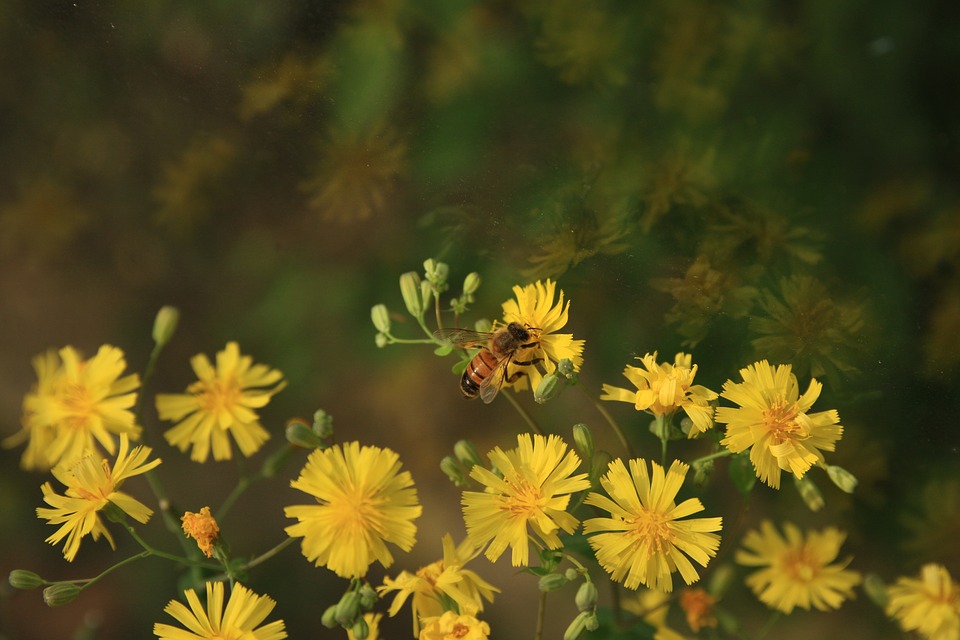Most Common Summer Pests
Summer is officially here, and with it comes sunny days, warm weather, and–unfortunately–lots of pesky pests. With a combination of more time spent outdoors and plenty of insects emerging from their winter hibernation in search of food, you’ll likely notice an increase in your encounters with them. This can also be a recipe for full-blown infestations that calls for a professional pest control service if things get out of hand. Here are a few of the most common pests to be on the lookout for this summer.
Wasps
There’s a big difference between seeing a bee in your yard on a sunny summer day and spotting a wasp. With bees, there’s usually little cause for concern unless you or someone in your family is allergic to them. Most are fairly docile and will only attack if provoked. Wasps, on the other hand, are a completely different beast. Though it’s easy to confuse their identity from afar as the two species have similar coloring, you likely won’t mistake a wasp for a mild-mannered bee if you find yourself a victim of their hostility. Wasps are naturally more aggressive and predatory. It doesn’t take much to anger them into an attack en masse. And unlike bees who can only sting once, a single wasp can sting their target multiple times. If you have an allergy, these stings can result in a severe enough reaction to require medical attention, possibly posing a serious threat to you and your family.
Ants
With the warming weather, you’ll start to see more ants both inside and outside as they make their way out of their winter hibernation. Some are a headache but completely harmless. They will simply march into your home looking for food and bring more of their colony trailing behind them. But keeping your home free of crumbs and improperly stored food can prevent an infestation, and they cannot bite you. Others, such as crazy ants and fire ants, can sting if they are provoked, and will continue to spread if neglected. If you find any kind of colony in or around your home, take action before the problem escalates.
Mosquitoes
Odds are that you’ve had a run-in with a mosquito before; they breed and flourish in the summertime, so it’s hard to spend a summer evening outside sans bug spray without getting at least one or two bites. They’re a nuisance, no doubt, but they also pose a much deeper and more real threat. Mosquitoes are perhaps the most hazardous summer pest on this list. They can carry a range of deadly diseases (such as West Nile virus, Zika virus, malaria, encephalitis, yellow fever, and dengue) that are transmitted to their host through their bites, turning them from irritatingly itchy to conceivably dangerous. However, this doesn’t mean if you’re bitten by a mosquito you’re guaranteed to get sick. Many of these diseases are rare, but some are still more commonly reported in the US on a yearly basis, so be sure to invest in some bug spray before your next night out.
Cockroaches
Cockroaches can be a problem at any time throughout the year, but they tend to become a much bigger headache in the summer months. They love to live in dark, warm, and damp places, and your home is full of these kinds of hiding spots for them to take shelter from the sunny, arid weather. They aren’t a malicious or aggressive pest to have, but they are dangerous in that they are capable of spreading disease, and their fast reproductive abilities mean that they can become a serious infestation within a short period of entering your home. It’s much easier to prevent them than to get rid of them. Take extra care to keep your home clean in the summertime with simple chores such as regularly taking out the garbage, cleaning any leftover food or stain buildup in the kitchen, vacuuming every few days, and wiping down the kitchen countertops each night. If you find that cockroaches (or any of these summer-loving pests) have infiltrated your home, don’t hesitate to call a professional exterminator near you.
Saela provides both residential and commercial services including: Pests, Mosquitoes, Rodents, Fleas & Bed Bugs.
Click HERE to talk to an Saela expert today.
If you’d like to learn more about what Saela does, click HERE
